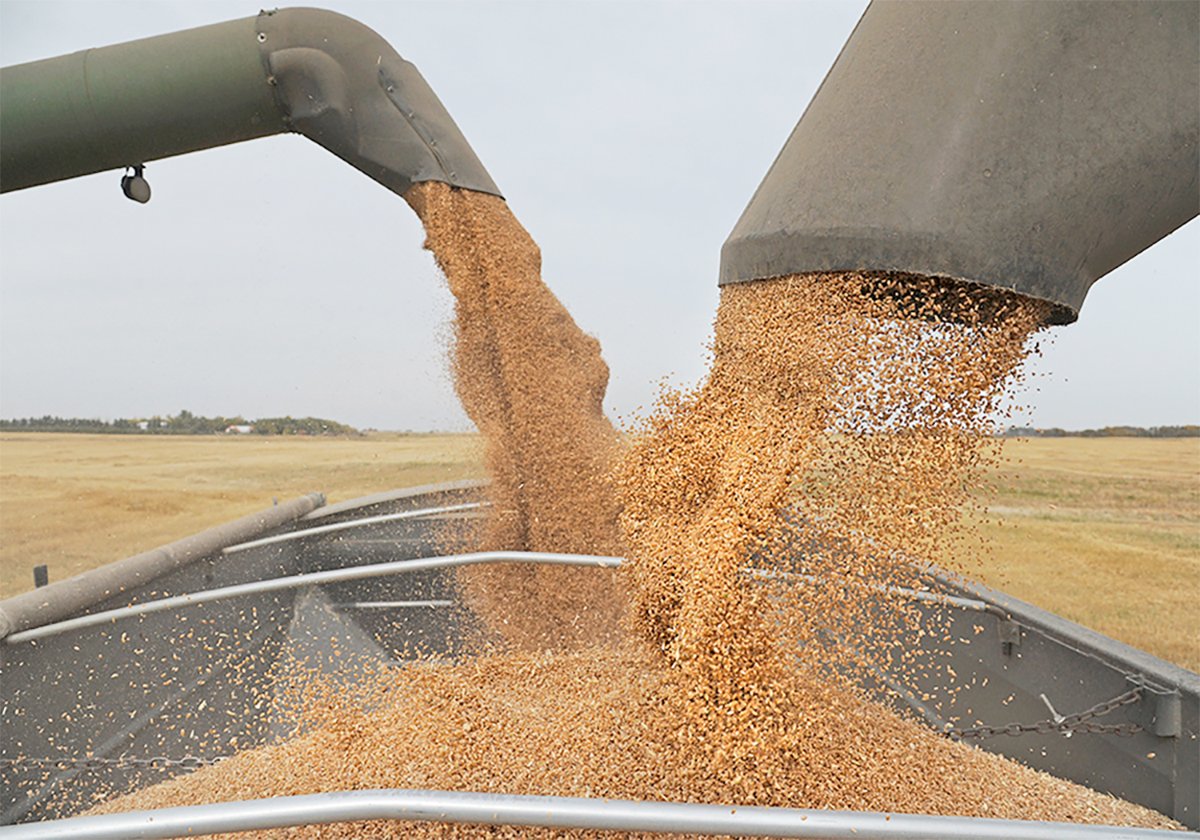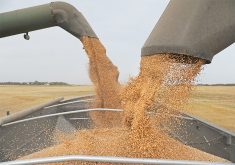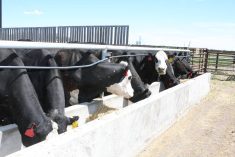It seems every time you turn around, rural Manitoba loses another piece of grain handling or transportation infrastructure. Arborg saw the loss of the Viterra elevator in April, and as of Sept. 12, Canadian National Railway will no longer deliver producer cars to nine of their loading sites.The future of these sites is still in question, but it could be a huge loss for producers who want to ship their own grain.
There was one positive event in June. That was when the Boundary Trail Railway Company began operating, with the shipment of 73 producer cars of wheat for area producers. BTRC is the first producer-owned short line railway in Manitoba.
Read Also

Agriculture productivity can be increased with little or no cost
There’s a way to enhance agricultural productivity with little or no cost. It doesn’t even require a bunch of legislative changes.
As farmers are well aware, our system for shipping grain has changed dramatically within one generation. The same quest for efficiency that has driven producers to farm more acres drives grain companies and the railways to focus their service at large throughput elevators and main rail lines.
The problem is that this has forced farmers to truck grain further and further as more of their local elevators disappear. This takes a toll on the roads in our rural communities as well as our bottom lines when it adds to our fuel costs. If the high fuel prices we saw last year are any indication, we can expect to see this cost continue to rise in the near future.
Another consideration related to losing rail service is the increased environmental impact of burning fuel to truck our grain to buyers further away from our operations.
For those farming on the Prairies, our success is tied to our ability to efficiently market and transport our grain to overseas customers. Because of this fact, it is time that we as a farm community step up and take responsibility for preserving the infrastructure that will allow us to ship our grain as fuel prices eventually increase.
The railways and grain companies also have a responsibility to aid in this process. These companies have been a big part of our communities for a long time and their growth and long term viability is connected to the economic stability of our farms.
We understand that due to the structure of their operations they may not be able to profitably operate using branch line infrastructure. Simply put, let us do it then.














